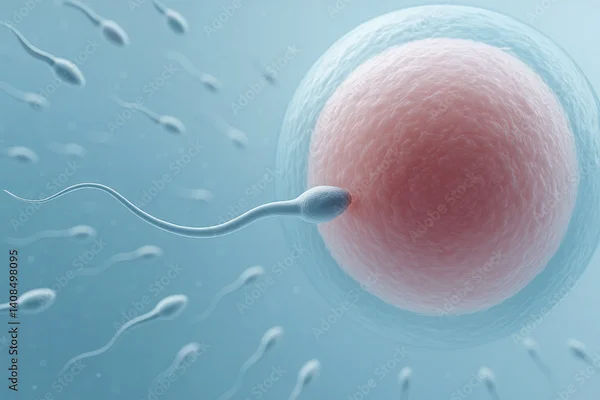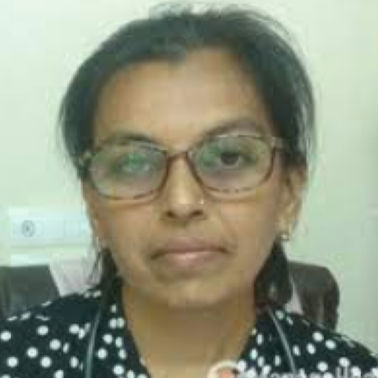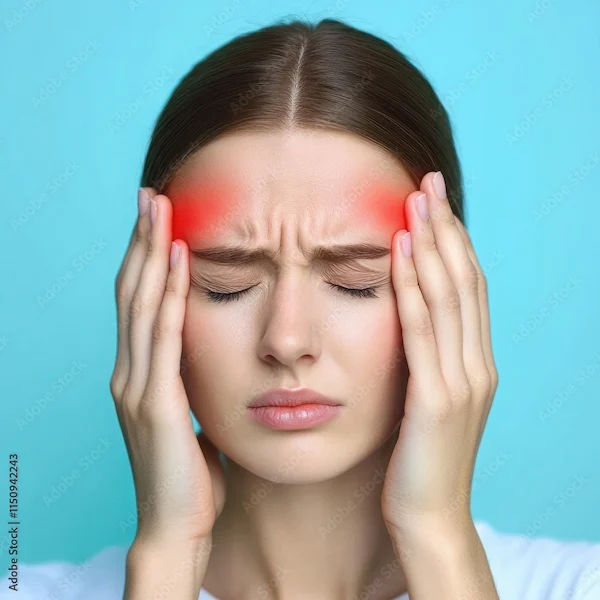Where Does Sperm Go After Hysterectomy?
Curious about what happens to sperm after a hysterectomy? Understand how the body functions post-surgery, including changes in reproductive anatomy and where sperm goes after intercourse.

Written by Dr.Sonia Bhatt
Last updated on 4th Jul, 2025

Introduction
If you or a loved one has undergone a hysterectomy, you might have questions about how it affects sexual health, fertility, and bodily functions. One common concern is: Where does sperm go after a hysterectomy? Let’s break this down in simple terms to help you understand what happens and how it may (or may not) affect your life.
Understanding a Hysterectomy
A hysterectomy is a surgical procedure to remove the uterus (womb). Depending on the reason for the surgery, the doctor may also remove:
The cervix (total hysterectomy)
The ovaries and fallopian tubes (total hysterectomy with bilateral salpingo-oophorectomy)
Only part of the uterus (partial or subtotal hysterectomy)
Since the uterus is where a fertilised egg implants and grows into a baby, pregnancy is no longer possible after a hysterectomy. But what happens to sperm during intercourse?
Where Does Sperm Go After a Hysterectomy?
Before a hysterectomy, sperm travels through the vagina, enters the cervix, moves into the uterus, and then into the fallopian tubes (if present) to fertilise an egg. However, after a hysterectomy, the path changes:
1. If the Cervix is Removed (Total Hysterectomy):
The vagina is surgically closed at the top (vaginal cuff).
Sperm enters the vagina but has nowhere to go beyond it.
The body naturally absorbs the sperm over time.
2. If the Cervix is Kept (Partial Hysterectomy):
The cervix remains connected to the vagina.
Sperm can enter the cervical opening, but since there’s no uterus, it cannot travel further.
The sperm is eventually broken down and absorbed by the body.
In both cases, sperm does not stay inside the body indefinitely. It is absorbed naturally without causing harm.
Consult Top Specialists for Personalised Tips
Does a Hysterectomy Affect Sexual Pleasure?
Many women worry that a hysterectomy will change their sexual experience. The good news is:
Orgasm is still possible because the clitoris (the main pleasure centre) remains unaffected.
Some women report improved sex life due to relief from pain (e.g., from fibroids or endometriosis).
If the ovaries are removed, hormonal changes may affect libido, but treatments like hormone therapy can help.
Can You Still Get Pregnant After a Hysterectomy?
No. Since the uterus is removed, pregnancy is not possible. However:
If the ovaries remain, they still release eggs, but these dissolve naturally.
If you had a partial hysterectomy (keeping the cervix), rare cases of ectopic pregnancy (outside the uterus) have been reported, but this is extremely uncommon.
Tips for a Healthy Life After Hysterectomy
Recovering from a hysterectomy takes time, but you can take steps to feel your best:
1. Physical Recovery
Rest for at least 4-6 weeks before resuming normal activities.
Avoid heavy lifting and strenuous exercise initially.
Follow your doctor’s advice on when to resume sexual activity (usually after 6-8 weeks).
2. Emotional Well-being
Some women feel emotional after surgery, especially if they wanted children. Talking to a counsellor can help.
Joining support groups can provide comfort and shared experiences.
3. Hormonal Changes (If Ovaries Were Removed)
Menopause symptoms (hot flashes, mood swings) may start if ovaries were removed.
Hormone replacement therapy (HRT) can help manage symptoms—consult your doctor.
4. Pelvic Floor Health
Kegel exercises can strengthen pelvic muscles and improve bladder control.
If you experience discomfort during sex, discuss it with your doctor—they may recommend lubricants or other solutions.
When to See a Doctor?
While a hysterectomy is generally safe, contact your doctor if you experience:
Heavy bleeding or unusual discharge
Severe pain or fever (signs of infection)
Pain during sex that doesn’t improve
Conclusion
A hysterectomy changes how sperm travels in the body, but it doesn’t stay inside—it’s naturally absorbed. The surgery doesn’t have to negatively impact your sex life or overall well-being. With proper care and support, you can lead a healthy, fulfilling life afterward. If you have concerns about your recovery or sexual health after a hysterectomy, consult a doctor.
Consult Top Obstetrician and Gynaecologist
Consult Top Specialists for Personalised Tips

Dr Swatika Kumari
Obstetrician and Gynaecologist
19 Years • MBBS, DGO, DNB Obstetrics & Gynaecology
Nashik
Apollo 24|7 Clinic - Maharashtra, Nashik

Dr. Shailaja L
Obstetrician and Gynaecologist
16 Years • MBBS, MS
Bangalore
Apollo 24|7 Clinic - Karnataka, Bangalore

Dr. Alapati Jyotsna
Obstetrician and Gynaecologist
4 Years • MBBS MS Obstetrics and Gynaecology
Visakhapatnam
Apollo 24|7 Clinic - Andhra Pradesh, Visakhapatnam

Dr. Mona Yadav
Obstetrician and Gynaecologist
19 Years • MBBS, MD (Obstetrics & Gynaecology)
Dombivli
Nulife multispeciality, Dombivli

Dr. Parul Sharma
Obstetrician and Gynaecologist
8 Years • MBBS, MS (Obstetrics & Gynaecology)
New Delhi
THE DOCTORS NESST, New Delhi
Consult Top Obstetrician and Gynaecologist

Dr Swatika Kumari
Obstetrician and Gynaecologist
19 Years • MBBS, DGO, DNB Obstetrics & Gynaecology
Nashik
Apollo 24|7 Clinic - Maharashtra, Nashik

Dr. Shailaja L
Obstetrician and Gynaecologist
16 Years • MBBS, MS
Bangalore
Apollo 24|7 Clinic - Karnataka, Bangalore

Dr. Alapati Jyotsna
Obstetrician and Gynaecologist
4 Years • MBBS MS Obstetrics and Gynaecology
Visakhapatnam
Apollo 24|7 Clinic - Andhra Pradesh, Visakhapatnam

Dr. Mona Yadav
Obstetrician and Gynaecologist
19 Years • MBBS, MD (Obstetrics & Gynaecology)
Dombivli
Nulife multispeciality, Dombivli

Dr. Parul Sharma
Obstetrician and Gynaecologist
8 Years • MBBS, MS (Obstetrics & Gynaecology)
New Delhi
THE DOCTORS NESST, New Delhi
.webp)



